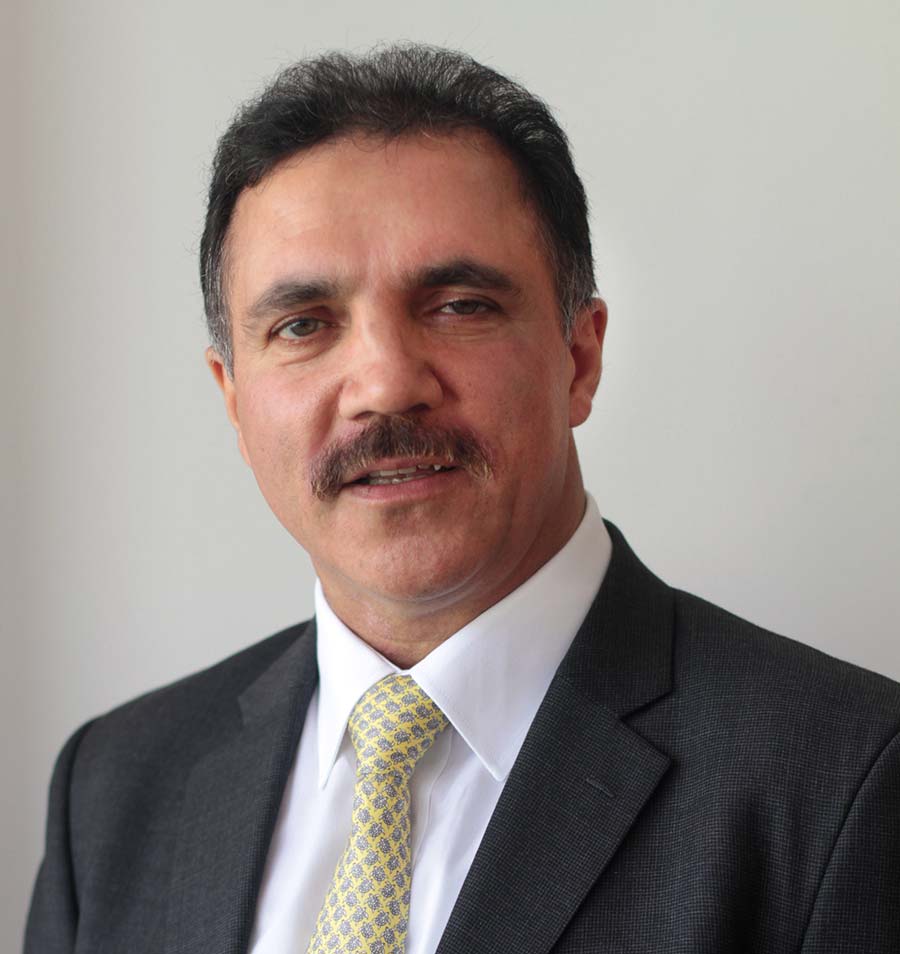After finishing his two-day long visit to Jammu and Kashmir, Chief Election Commissioner Sunil Arora told media in Jammu that almost all political parties vouched for conduct of both State Assembly and Lok Sabah elections simultaneously. Arora held discussions with representatives of various political parties including the Congress, BJP, PDP, NC, CPI (M) and the National Panthers Party (NPP).
Apart from meeting representatives of political parties, Arora’s led team held discussions with J&K Chief Secretary, DGP and Union Home Secretary regarding elections in Jammu and Kashmir. However, Arora told media persons that a decision to conduct both elections together will be announced in Delhi in a few days. But given the situation in Kashmir since the killing of Hizb-ul-Mujahideen Commander Burhan Wani in 2016, and recent Lethpora suicide attack on CRPF convoy, the process of conducting elections would be a challenge for Arora.
The last elections Kashmir witnessed was in April 2017, when polls were held for Srinagar parliamentary seat after PDP’s Tariq Hameed Karra resigned from the party. The by-poll ended on a bloody note with eight civilians killed in CRPF firing in Budgam. Amid clashes and protests that marked the by-polls, only seven percent votes were cast – a new low in Kashmir’s troubled electoral history of last three decades. Since then, holding elections in Kashmir has become a challenge for the government. The immediate fallout of Budgam poll-day killings, which also saw over 200 incidents of protests across the district, State’s Chief Electoral Officer Shantmanu had said, “South Kashmir is a bigger challenge.”
The record low turnout of voters for Srinagar by-poll, which eventually Farooq Abdullah won, not only dented the election process in Kashmir but also put a question mark on all the future elections. As a result, the elections for Anantnag parliamentary seat, which was left vacant by then Chief Minister Mehbooba Mufti, were not conducted so far.
Two years and over one thousand killings later, the Government of India faces the same dilemma over conducting elections in Kashmir. The situation on the ground, especially after the recent suicide bombing near Lethpora is highly uncertain. It was the same uncertainty that made Arora and his team visit Jammu and Kashmir to assess the situation first hand.
What adds to the chaos is a recent ban on Jama’at-e-Islami and nocturnal arrest spree of its cadre across Kashmir. Also, the arrest of key separatists and the uncertainty over Article 35A and Article 370 has made conducting elections in Kashmir a daunting task for Arora. But by giving an ear to the concerns of regional parties like NC and PDP, who both want a civilian government to replace President’s rule in Kashmir, Arora has sent much needed positive signal.
– Tahir Bhat















